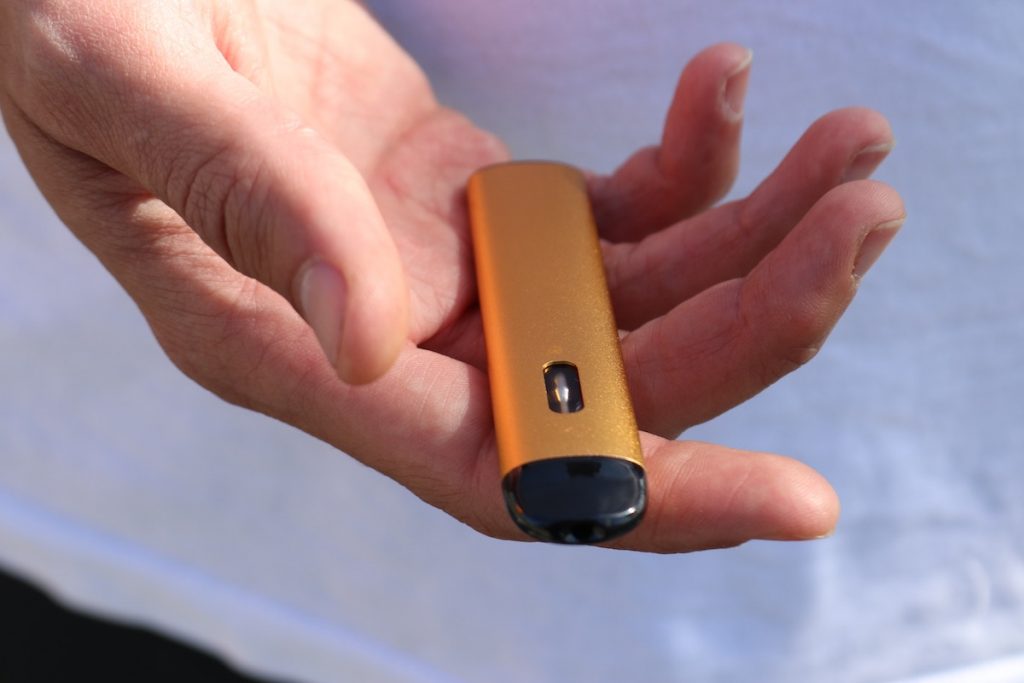
The decline in smoking in the UK has been a significant public health policy accomplishment. However, recent studies show a stagnation in this decline, especially among young people. Understanding how social media influences smoking behaviors among the youth is crucial in addressing this issue.
A recent study by Hopkinson and colleagues (2024) investigated the relationship between social media usage and the consumption of e-cigarettes and tobacco cigarettes among young individuals. Their findings shed light on the impact of social media on smoking behaviors.

What drives young people’s decisions around smoking tobacco or e-cigarettes?
Methods
The study utilized data from a large annual UK household survey focusing on individuals aged 10 to 25 years from 2015/16 to 2020/21. The addition of a question on e-cigarette use in 2015/16 marked the availability of relevant data for analysis.
The sample included 28,000 households, and data collection involved a combination of face-to-face interviews and online questionnaires. Participants were classified as smokers if they consumed 1-6 cigarettes a week and as e-cigarette users if they reported using the products at least once a week.
The study also assessed social media engagement, with participants self-reporting their membership to various social networking sites and estimating their daily usage time.

15.7% of young people in the sample using social media more than 7 hours per day were also smokers, indicating a link between the two.
Results
The study confirmed the association between social media exposure and smoking behaviors, with higher social media use correlating with increased rates of smoking and e-cigarette use among young individuals.
Moreover, parental smoking was found to influence social media usage among young people, highlighting the interconnectedness of these factors.
The results also indicated a higher likelihood of e-cigarette use among individuals under 18, males, and those from higher income households.

Male young people and those coming from higher income households were found more likely to use e-cigarettes.
Conclusions
The study provides valuable insights into the relationship between social media use and smoking behaviors among young individuals, emphasizing the role of social media in influencing smoking habits.
The authors recommend policy interventions similar to those implemented in Germany, where restrictions on social media targeting of young individuals for smoking-related content have been successful.

Clinicians need to consider whether young social media users could be at risk of other addictive behaviors as well as smoking.
Strengths and limitations
While the study provides crucial insights, it is important to acknowledge the limitations, such as reliance on self-reported data and potential biases in survey responses.
Incentivizing participants with gift vouchers could have influenced response rates, highlighting the need for caution in interpreting the data collected.

We cannot be certain parental permission did not influence young people’s survey responses.
Implications for practice
Practitioners can use the findings from this study to better understand the impact of social media on smoking behaviors among young individuals and consider addressing related risks in their interactions with this population.

Clinicians need to consider whether young social media users could be at risk of other addictive behaviors as well as smoking.
Statement of interest
No conflicts of interests to declare.
Links
Primary paper
Hopkinson, N.S., Vrinten, C., Parnham, J.C., Radó, M.K., Filippidis, F., Vamos, E.P. and Laverty, A.A., 2024. Association of time spent on social media with youth cigarette smoking and e-cigarette use in the UK: a national longitudinal study. Thorax, 79(7), pp.662-669. https://doi.org/10.1136/thorax-2023-220569
Other references
E-cigarettes and teenagers, cause for concern? Mental Elf, 20th April 2015. Marcus Munafo.













